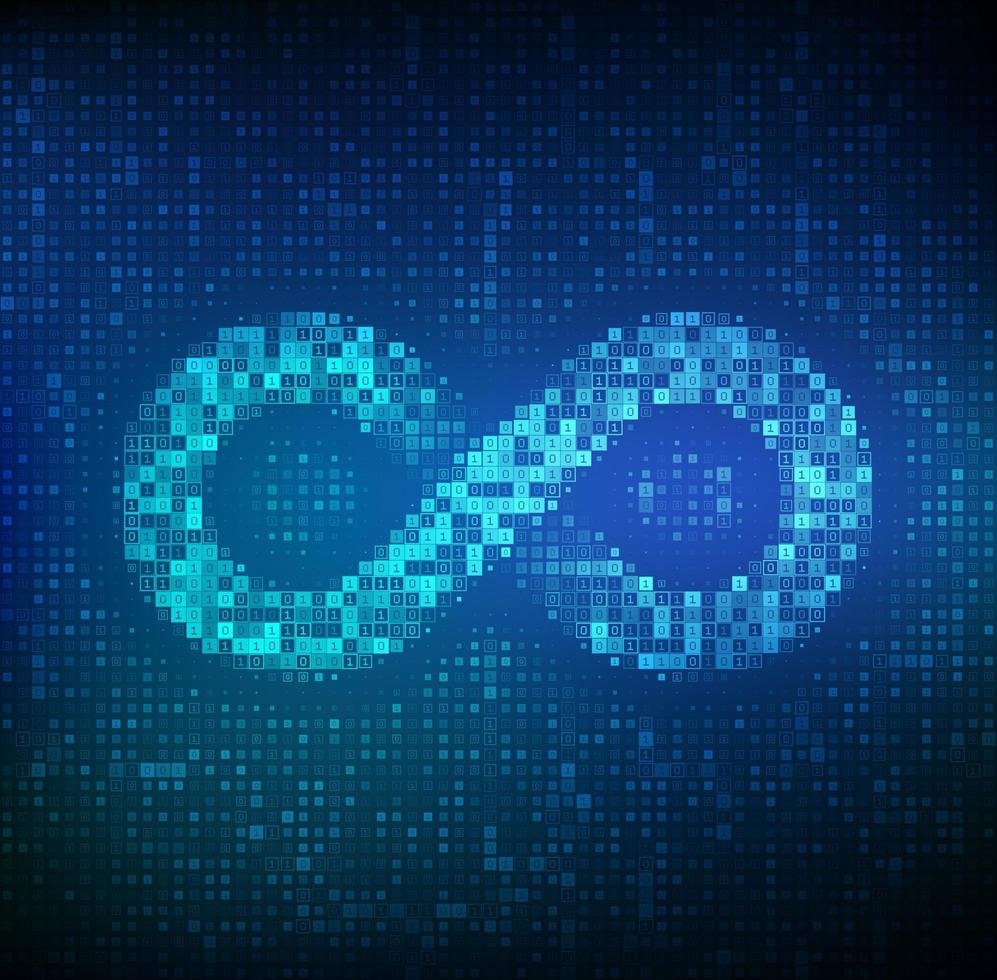 menu
menu menu
menu


























 Level39 @level39History is littered with bad predictions from so-called "experts" who were unable to see the obvious future that was right in front of them.
In the future people will look back and wonder how today's experts couldn't see #Bitcoin as an unavoidable Schelling point 🧵👇 twitter.com
Level39 @level39History is littered with bad predictions from so-called "experts" who were unable to see the obvious future that was right in front of them.
In the future people will look back and wonder how today's experts couldn't see #Bitcoin as an unavoidable Schelling point 🧵👇 twitter.com
 Level39 @level39🧵THREAD: As energy grids adopt a greater percentage of intermittent renewables, more power must be absorbed by demand response loads. Prices act as signals help balance the grid, #Bitcoin mining profitability responds like noise cancellation technology. /1 twitter.com
Level39 @level39🧵THREAD: As energy grids adopt a greater percentage of intermittent renewables, more power must be absorbed by demand response loads. Prices act as signals help balance the grid, #Bitcoin mining profitability responds like noise cancellation technology. /1 twitter.com Pay what you can
Pay what you can